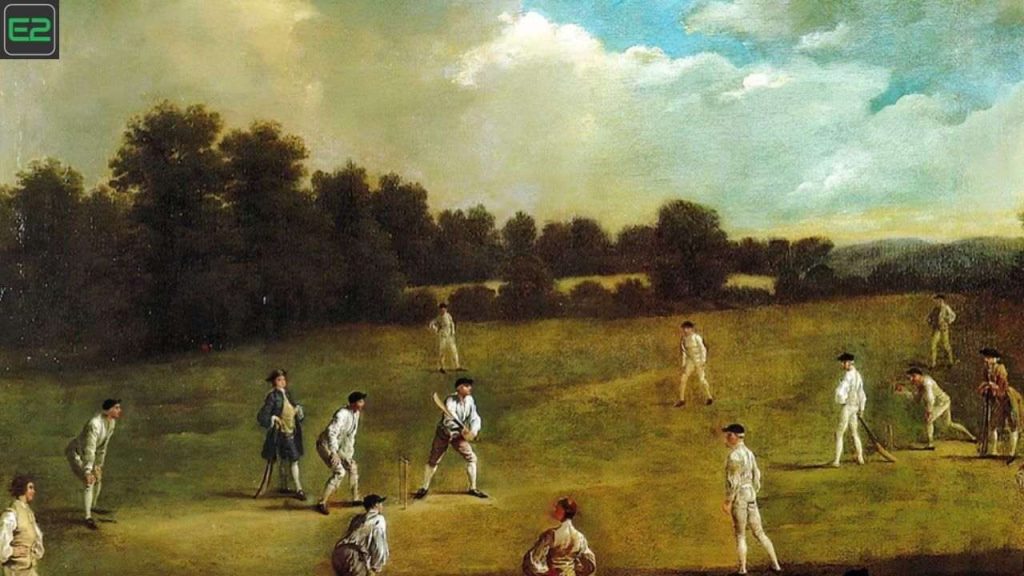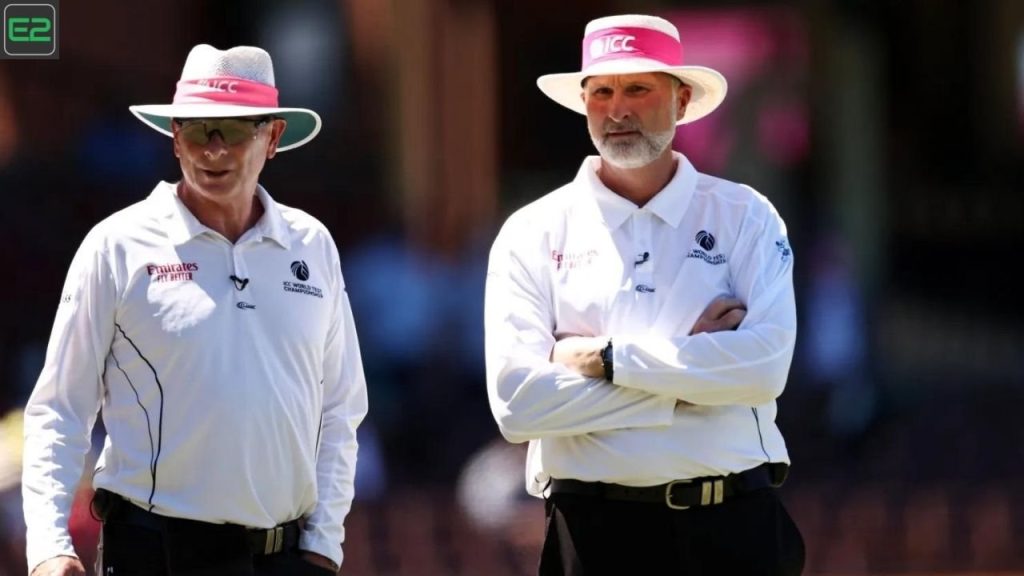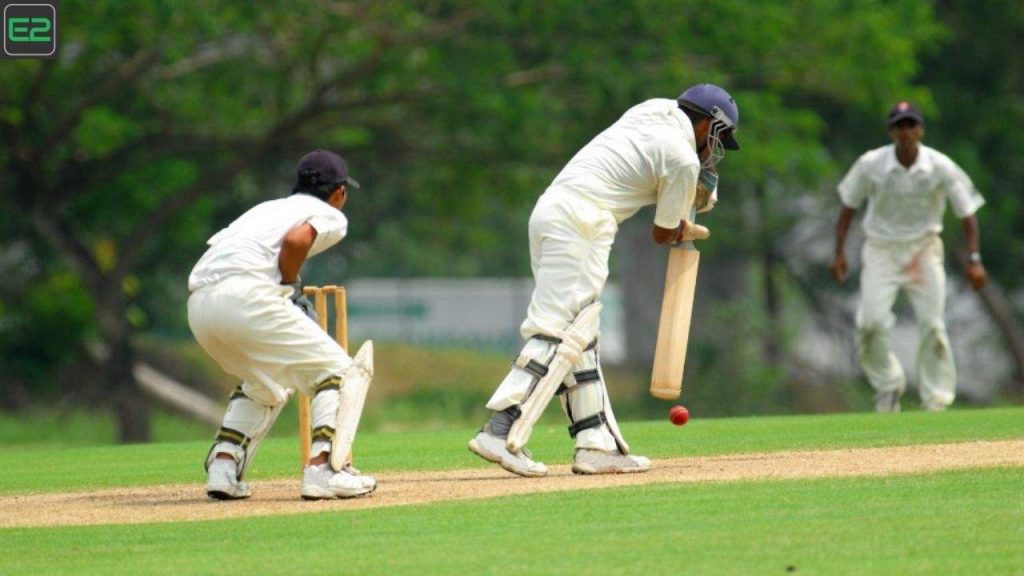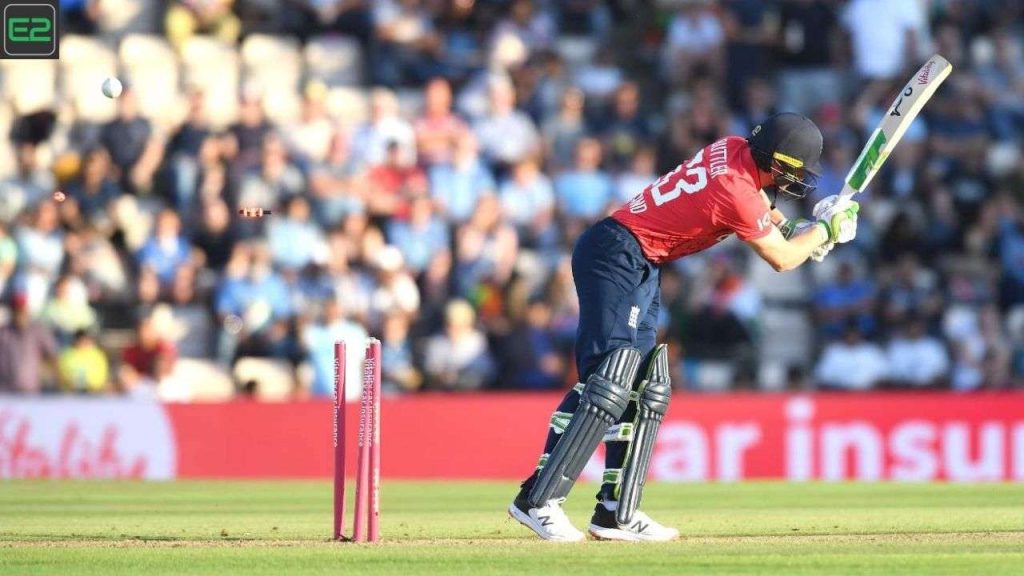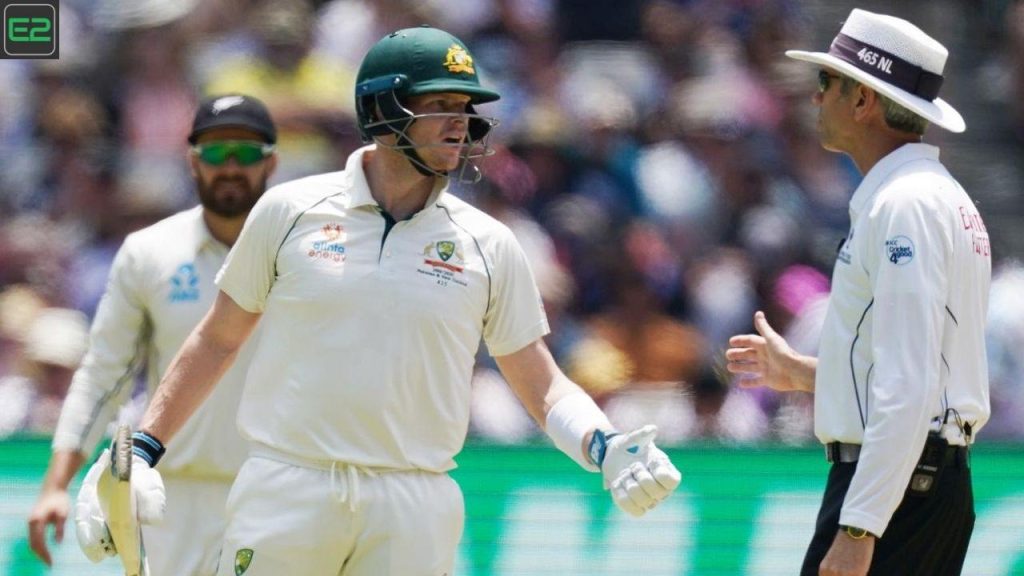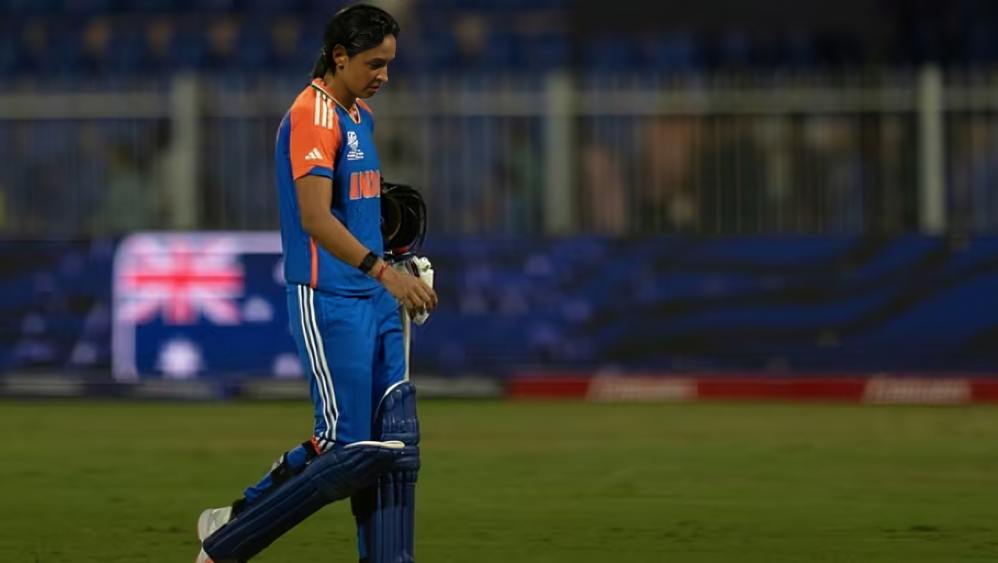The Importance of Jersey Numbers in Football
In football (soccer), players’ jersey numbers are more than just identifiers—they represent legacies, personalities, and the history of the sport itself. While in the early days of football, numbers were assigned based on positions, modern footballers often wear numbers based on personal preference, tradition, or even superstition. Over the years, certain jersey numbers have become synonymous with particular players, creating an iconic connection between the number and the player’s identity.
In this article, we will explore the significance of jersey numbers in football, provide a history of how numbers were assigned to players, and look at some of the most iconic football players and their famous jersey numbers.
History of Jersey Numbers in Football
Initially, football players did not have assigned numbers. Players simply played in their designated positions, which were often reflected by their shirt number. For example, in the early days, forwards wore low numbers, and defenders wore higher numbers. The first major change came in the 1930s, when numbered shirts became standard for international matches.
- 1930s: Jersey numbers began to be assigned according to position for international games, with forwards generally wearing 1-11 and defenders wearing higher numbers.
- Post-WWII: As football became more professional, players started to wear their own preferred numbers, which led to the individualism and brand-building seen today.
- 1970s: The rise of international tournaments like the World Cup and European Championships meant that players were more recognizable by their numbers, and iconic players began to make their numbers famous.
Over time, certain numbers have become iconic, often due to the success or personality of the player associated with it. Today, players wear numbers that may not always align with their position but rather reflect their own preferences, cultural significance, or commercial reasons.
Iconic Football Players and Their Jersey Numbers
Many football players have worn numbers that are now inseparably linked with their careers. Some of these numbers are immediately recognizable, such as number 10—worn by some of the greatest players in history. Below, we explore some of the most iconic players and the jersey numbers they made famous.
1. Number 1: The Goalkeeper’s Number
The number 1 shirt has traditionally been worn by the team’s goalkeeper, the player who stands between the goalposts. This number is associated with responsibility, leadership, and a commanding presence in the box. Some notable players who have worn the number 1 shirt include:
- Lev Yashin (Soviet Union) – The only goalkeeper to win the Ballon d’Or (1963), Yashin’s number 1 jersey is synonymous with goalkeeping excellence.
- Peter Schmeichel (Denmark) – One of the greatest goalkeepers of his era, Schmeichel wore the number 1 at Manchester United and helped the team win numerous trophies.
- Manuel Neuer (Germany) – Known for revolutionizing the goalkeeper position, Neuer’s number 1 shirt has become iconic at Bayern Munich and the German national team.
2. Number 7: The Superstar’s Number
Number 7 has often been worn by players known for their flair, skill, and attacking prowess. It’s become one of the most coveted and legendary numbers in the sport. Many footballers who have worn this number are among the most famous names in football history.
- Cristiano Ronaldo (Portugal) – Arguably the greatest player to ever wear the number 7 shirt, Ronaldo has worn the number throughout his illustrious career at Sporting Lisbon, Manchester United, Real Madrid, Juventus, and now Al Nassr.
- David Beckham (England) – Beckham’s number 7 shirt became synonymous with his free-kick-taking ability, leadership, and off-field popularity.
- George Best (Northern Ireland) – One of the most skillful and entertaining players in football history, Best wore number 7 for Manchester United, creating a legacy that has lasted for generations.
3. Number 10: The Number of the Playmaker
Perhaps the most iconic number in football, number 10 has been worn by countless football legends. This number has traditionally been associated with playmakers and attacking midfielders—the creative masterminds who control the tempo of the game and score spectacular goals.
- Diego Maradona (Argentina) – Maradona is synonymous with the number 10, famously wearing it for Argentina in their 1986 World Cup-winning campaign, including his “Hand of God” and “Goal of the Century” against England.
- Lionel Messi (Argentina) – Messi’s number 10 shirt has become iconic with Barcelona and now Paris Saint-Germain (PSG). His extraordinary talent and vision have made this number legendary in football.
- Pelé (Brazil) – One of the greatest footballers of all time, Pelé wore number 10 for Brazil and Santos, winning three World Cups with his iconic playmaking skills.
4. Number 9: The Striker’s Number
Number 9 is traditionally worn by the central striker, the player expected to score goals and lead the team’s attacking efforts. This number is associated with physicality, goal-scoring instinct, and strength in front of goal.
- Ronaldo Nazário (Brazil) – Ronaldo, known as “O Fenômeno,” wore number 9 during his career with Brazil, Barcelona, Real Madrid, and Inter Milan, winning two World Cups and two Ballon d’Ors.
- Alfredo Di Stéfano (Argentina/Spain) – Di Stéfano wore number 9 at Real Madrid during their domination of European football in the 1950s and 1960s, helping the club win five consecutive European Cups.
- Robert Lewandowski (Poland) – Lewandowski is one of the best strikers of the modern era, wearing number 9 for Bayern Munich and Poland, known for his incredible goal-scoring consistency.
5. Number 11: The Winger’s Number
Number 11 is often associated with the winger or wide forward, players known for their speed, skill, and ability to deliver dangerous crosses into the box. Many legendary wingers have made number 11 their own.
- Ryan Giggs (Wales) – Giggs wore number 11 at Manchester United for his entire career, becoming one of the most successful and beloved players in the club’s history.
- Neymar Jr. (Brazil) – Neymar has worn the number 11 for Brazil and Barcelona, and his flair and creativity make him one of the most exciting wingers in the world.
- George Weah (Liberia) – Weah wore the number 11 shirt for Liberia and AC Milan, winning the Ballon d’Or in 1995, and remains one of Africa’s greatest footballing exports.
Famous Footballers and Their Iconic Jersey Numbers
| Jersey Number | Player Name | Country/Club | Notable Achievements |
|---|---|---|---|
| 1 | Lev Yashin | Soviet Union | Only goalkeeper to win the Ballon d’Or, known as “The Black Spider” |
| 7 | Cristiano Ronaldo | Portugal, Various Clubs | 5x Ballon d’Or, 5x UEFA Champions League winner, all-time top scorer in international football |
| 7 | David Beckham | England, Manchester United | 6x Premier League champion, 1x UEFA Champions League winner |
| 10 | Diego Maradona | Argentina | 1986 World Cup winner, “Hand of God,” and “Goal of the Century” |
| 10 | Lionel Messi | Argentina, Barcelona | 7x Ballon d’Or, all-time top scorer for Barcelona and Argentina |
| 9 | Ronaldo Nazário | Brazil, Various Clubs | 2x World Cup winner, 2x Ballon d’Or |
| 9 | Robert Lewandowski | Poland, Bayern Munich | 1x UEFA Champions League winner, 7x Bundesliga champion |
| 11 | Ryan Giggs | Wales, Manchester United | 13x Premier League champion, 2x UEFA Champions League winner |
| 11 | Neymar Jr. | Brazil, PSG | 1x UEFA Champions League winner, 2x Copa Libertadores winner |
Jersey numbers in football have evolved over the years and become iconic symbols of footballing greatness. From the visionary playmakers who wore number 10 to the goal-scoring legends in number 9, and the legendary figures in goal wearing number 1, these jersey numbers have become synonymous with the players who wore them. Whether it’s the flair of Cristiano Ronaldo in number 7, the brilliance of Lionel Messi in number 10, or the unbreakable connection between Ryan Giggs and number 11, these numbers carry the stories and legacies of some of the greatest players to ever play the game.
In the future, as football continues to evolve, these iconic jersey numbers will continue to hold a special place in the hearts of fans and the history of the sport.




